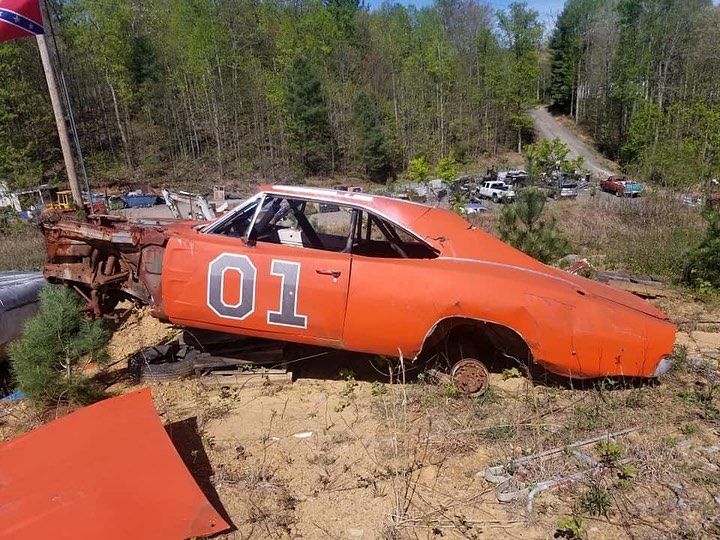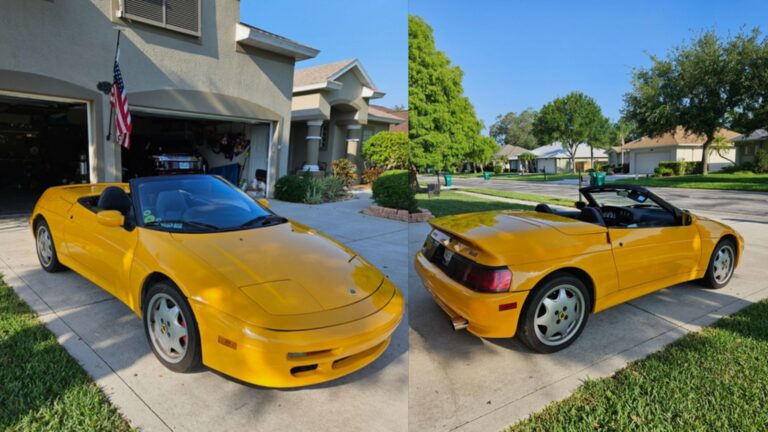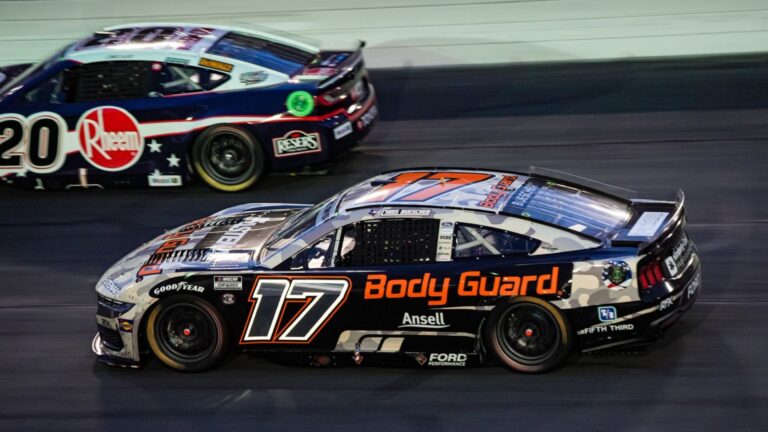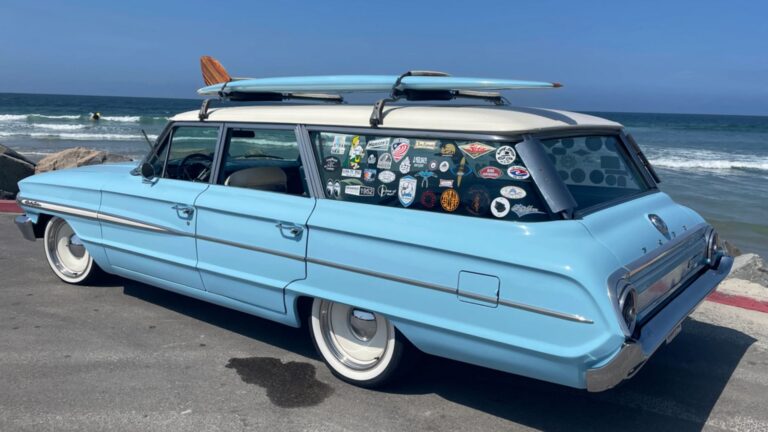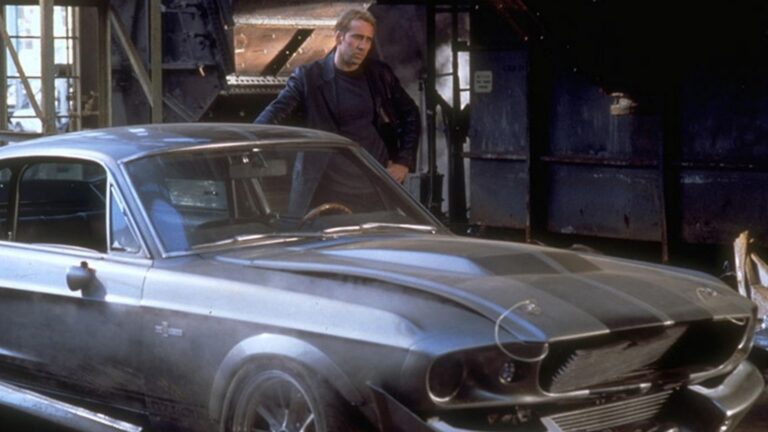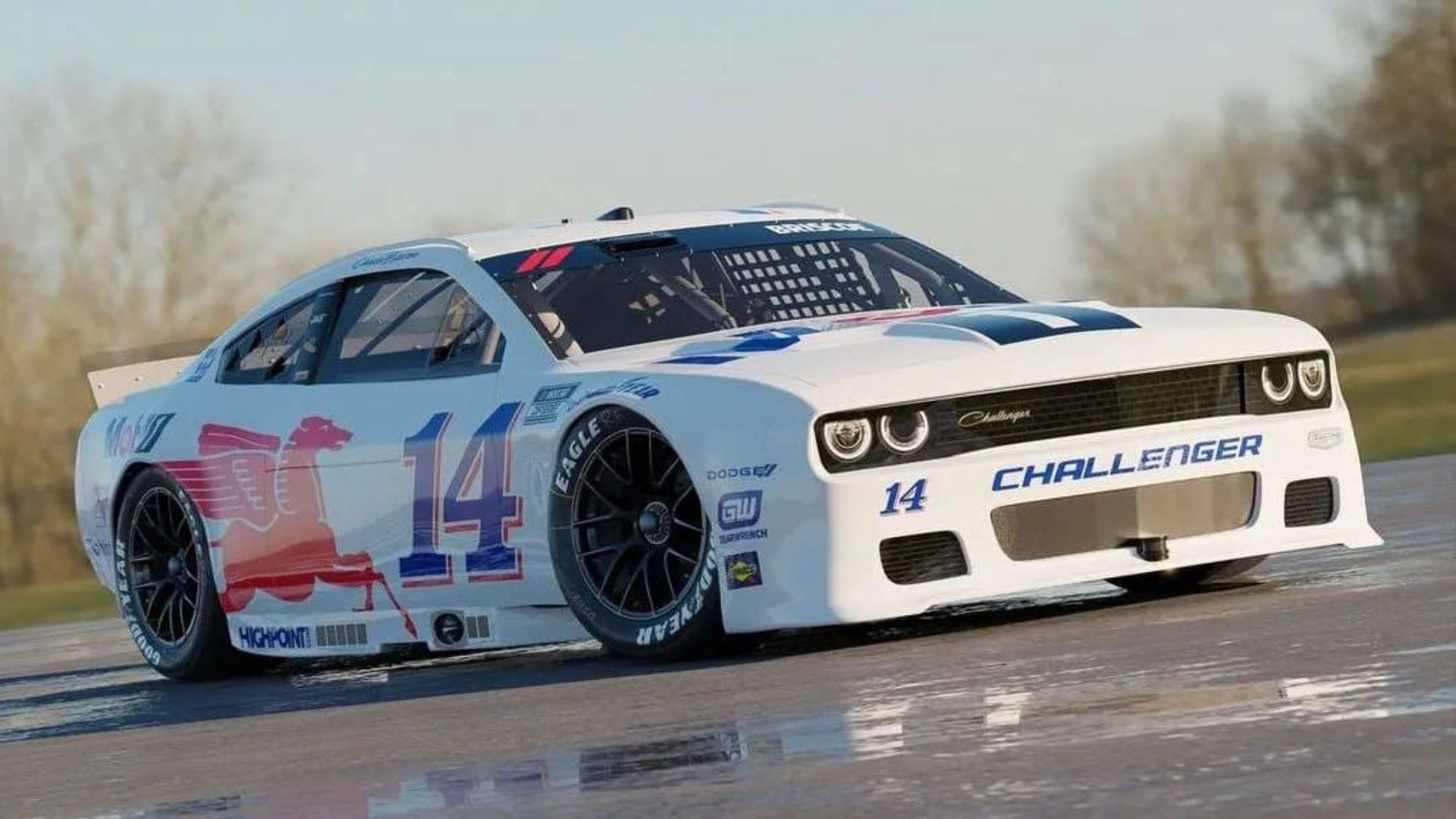
Over a decade ago, Dodge made a pivotal decision that would leave a lasting impact on the NASCAR landscape. The American car manufacturer, known for its formidable presence in motorsports, announced its withdrawal from NASCAR after the 2012 season. This move marked the end of an era for Dodge, a brand that had been intertwined with the fabric of American racing culture for generations. Here, we delve into the factors and circumstances that led to this significant decision, providing a comprehensive understanding of Dodge’s journey within NASCAR.
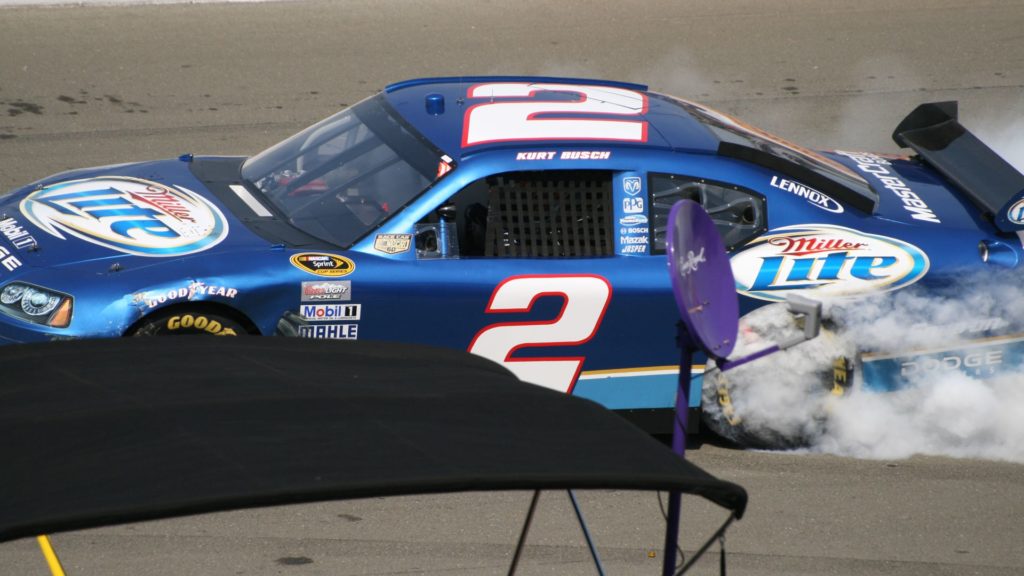
In 1999, Dodge announced its ambitious return to NASCAR’s top series, signaling a renewed commitment to the sport. Spearheaded by Ray Evernham, a luminary in racing circles, the brand aimed to recapture its former glory and compete at the highest levels. The initial excitement was palpable, with Dodge assembling a formidable team and securing financial support from its dealerships. However, the landscape of NASCAR was evolving, and challenges soon emerged that would test Dodge’s resolve.
The turning point came in 2012 when Penske Racing, Dodge’s flagship team, announced a switch to Ford for the following season. This decision left Dodge without a premier team to represent its interests on the track. Efforts to find a suitable replacement team that could match Penske’s caliber were unsuccessful. The search for a new partnership highlighted the changing dynamics of NASCAR, where other manufacturers had solidified their ties with top-tier teams, leaving Dodge with limited options.
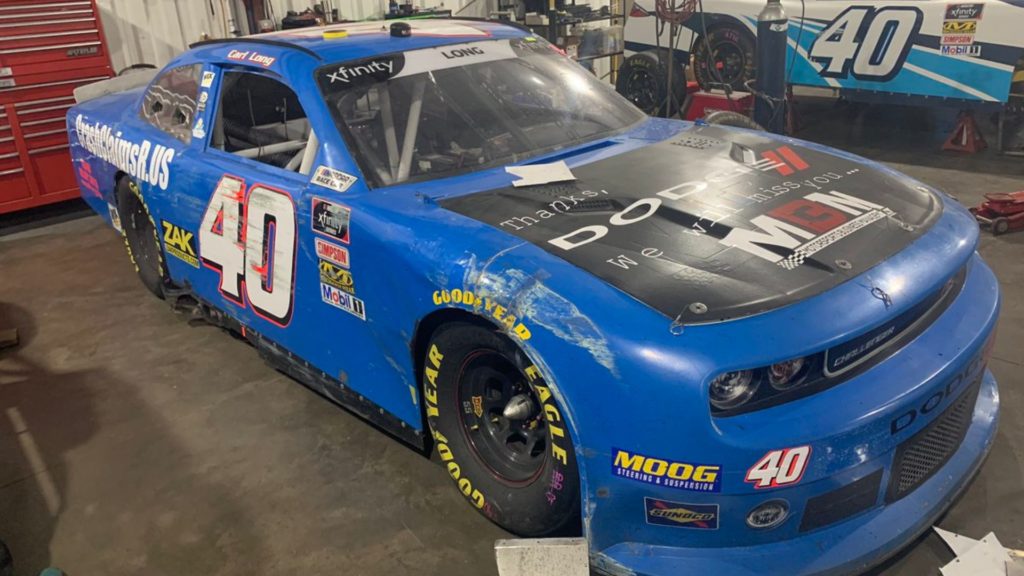
Compounding the situation was the global financial crisis and Chrysler’s bankruptcy, which strained the financial arrangements that had previously supported Dodge’s racing endeavors. With the landscape of NASCAR growing increasingly competitive and the absence of a clear path forward, Dodge faced a critical decision about its future in the sport.
Ultimately, Dodge chose to withdraw from NASCAR, citing the inability to secure a partnership with a team that met its high standards for competitiveness and technological innovation. This decision was not made lightly; it reflected a broader strategic reassessment by Dodge and its parent company, Fiat, regarding their involvement in motorsports.
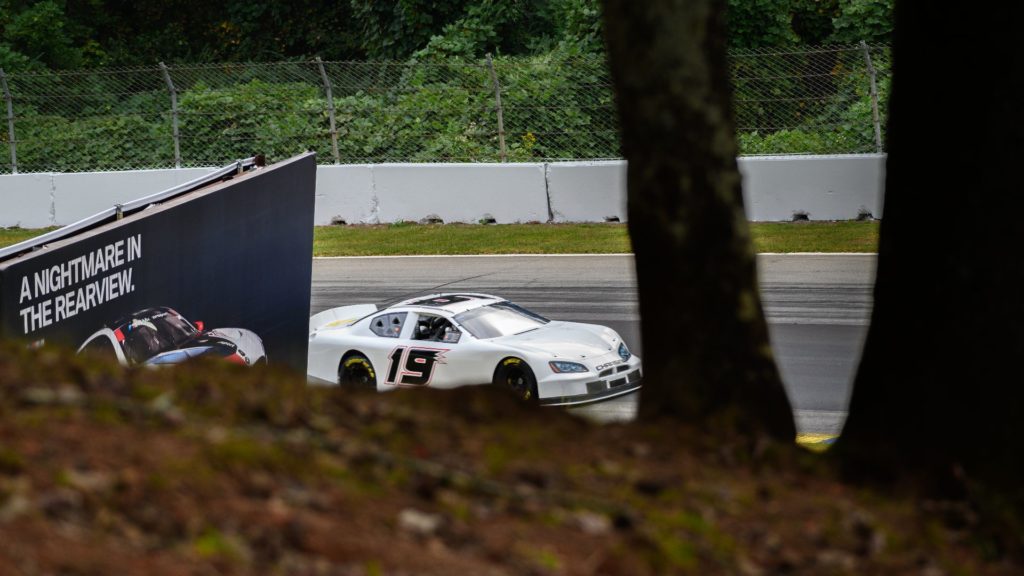
The departure of Dodge from NASCAR represented a significant moment in the sport’s history, underscoring the complexities of manufacturer participation in racing. Dodge’s legacy in NASCAR remains a testament to the brand’s contributions to the sport, from innovation on the track to the passionate fan base that supported its teams. As we look back on this chapter of NASCAR history, Dodge’s impact and the circumstances surrounding its exit provide valuable insights into the ever-evolving world of motorsports.

